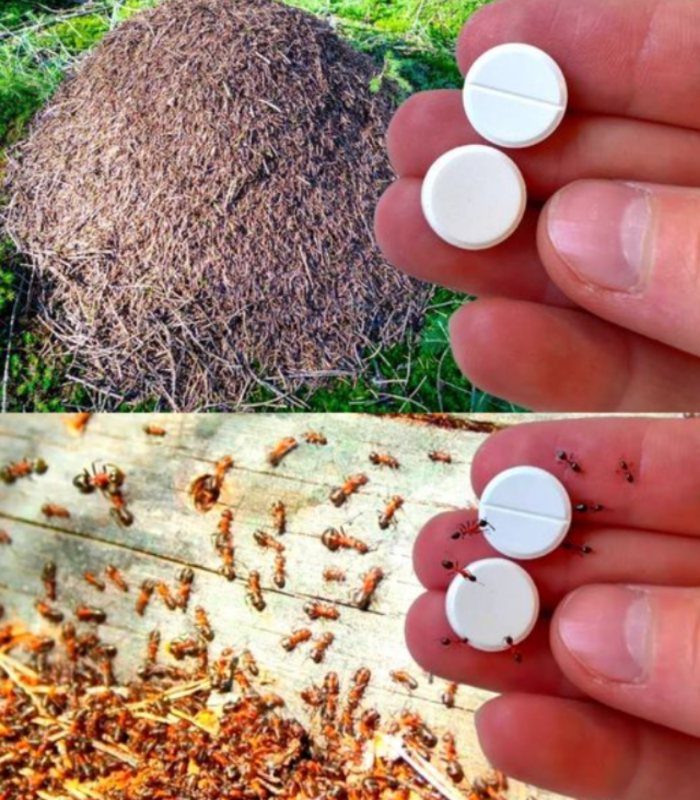ADVERTISEMENT
ADVERTISEMENT
1. Vinegar as a Natural Repellent
Vinegar is known for its cleaning properties, but it also effectively repels ants. Mix equal parts water and white vinegar in a spray bottle and apply to places where you have noticed the appearance of ants or their trails. The acidity of the vinegar disrupts the scent trails that ants use to navigate, making it difficult for them to orient themselves and find food.
2. Coffee Grounds: A Double-Purpose Solution
Used coffee grounds serve as an excellent natural ant deterrent. Sprinkle dried coffee grounds around entry points, ant trails, and areas where ants congregate. The strong scent and slightly acidic nature of coffee grounds create an unpleasant environment for ants while providing a sustainable way to repurpose your morning coffee waste.
3. Essential Oils for Aromatic Defense
Certain essential oils are highly effective against ants. Peppermint, tea tree, lemon, and eucalyptus oils contain compounds that ants find repulsive. Create a natural spray by mixing 10-15 drops of essential oil with water in a spray bottle. Apply this mixture to windowsills, doorframes, and other ant entry points. Additionally, soaking cotton balls in essential oils and placing them strategically around your home creates lasting protection.
4. Cinnamon and Spice Barriers
Ground cinnamon acts as a natural ant repellent due to its strong scent and compounds that interfere with ant communication. Sprinkle cinnamon powder along ant trails and entry points. Similarly, other spices like black pepper, cayenne pepper, and cloves can create effective barriers that ants prefer to avoid.
5. Diatomaceous Earth: Natural Pest Control
Food-grade diatomaceous earth is a fine powder made from fossilized algae that effectively controls ant populations. When ants come into contact with diatomaceous earth, it damages their exoskeletons and dehydrates them. Sprinkle a thin layer around areas where ants are active, ensuring you use only food-grade diatomaceous earth for safety.
6. Preventive Measures
Prevention remains the most effective long-term strategy. Keep surfaces clean, store food in sealed containers, fix moisture problems, and seal cracks and entry points. Remove food sources by promptly cleaning spills and crumbs, and maintain dry conditions since ants are attracted to moisture.
Conclusion
These natural methods offer safe, environmentally friendly alternatives to chemical pesticides. While results may take longer than commercial products, consistent application of these techniques creates an inhospitable environment for ants without compromising your family’s health or the environment. Combining multiple methods often yields the best results, creating a comprehensive natural defense system against unwanted ant invasions.
ADVERTISEMENT
